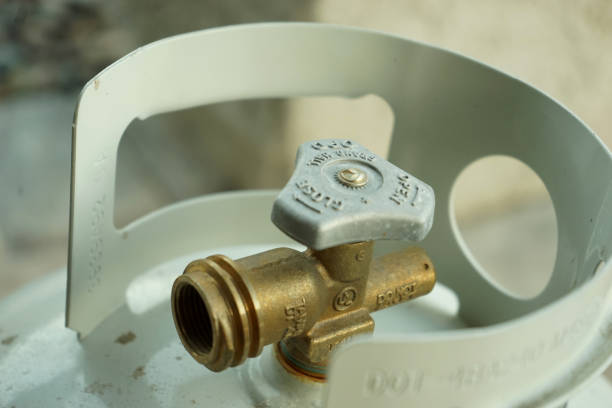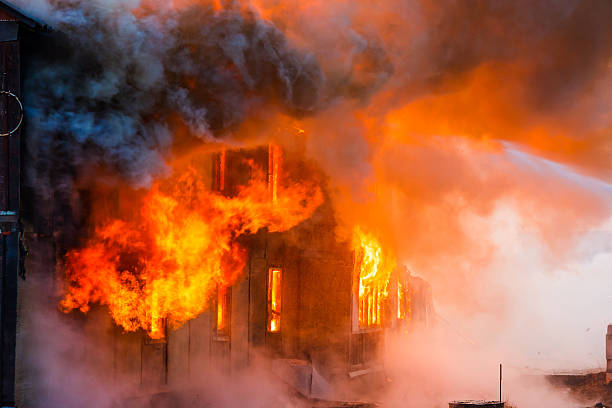Building a Strong Brand: Shifting Focus from Competitors to Customer Value
In a competitive market, the drive to differentiate can sometimes lead businesses to focus too much on what their competitors are doing. While keeping an eye on the competition is natural, the most successful propane businesses are those that focus on showcasing their own unique strengths and meeting customer needs in ways others may not.… Continue reading Building a Strong Brand: Shifting Focus from Competitors to Customer Value




